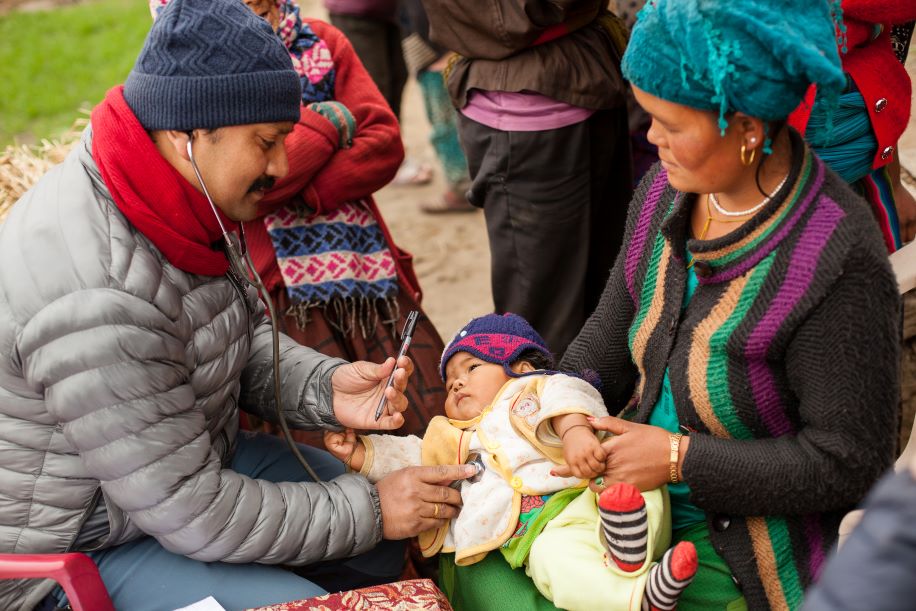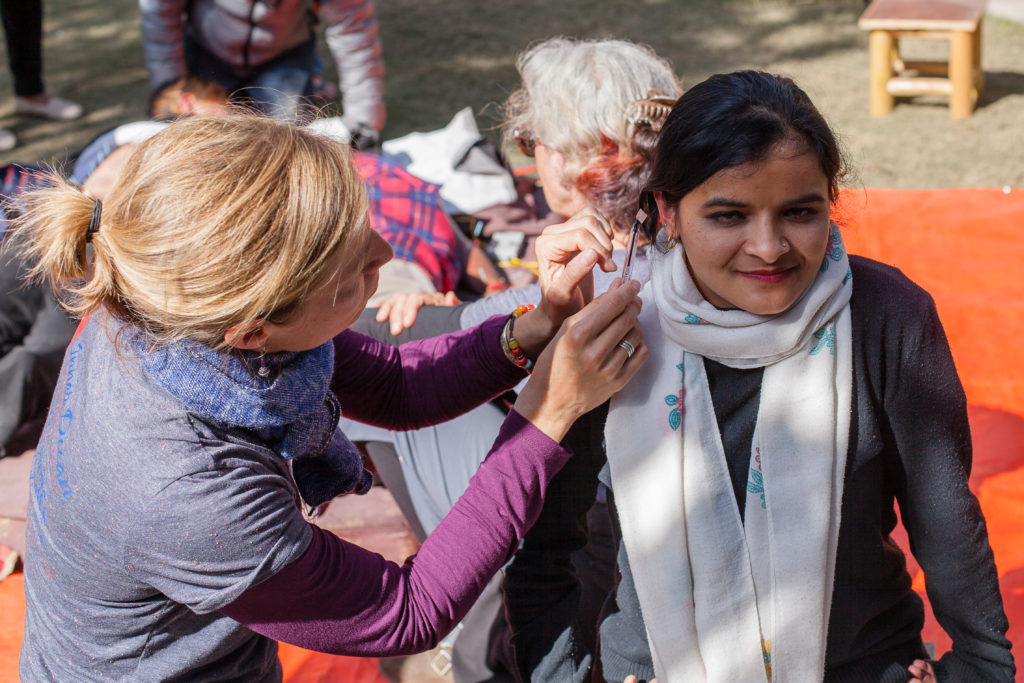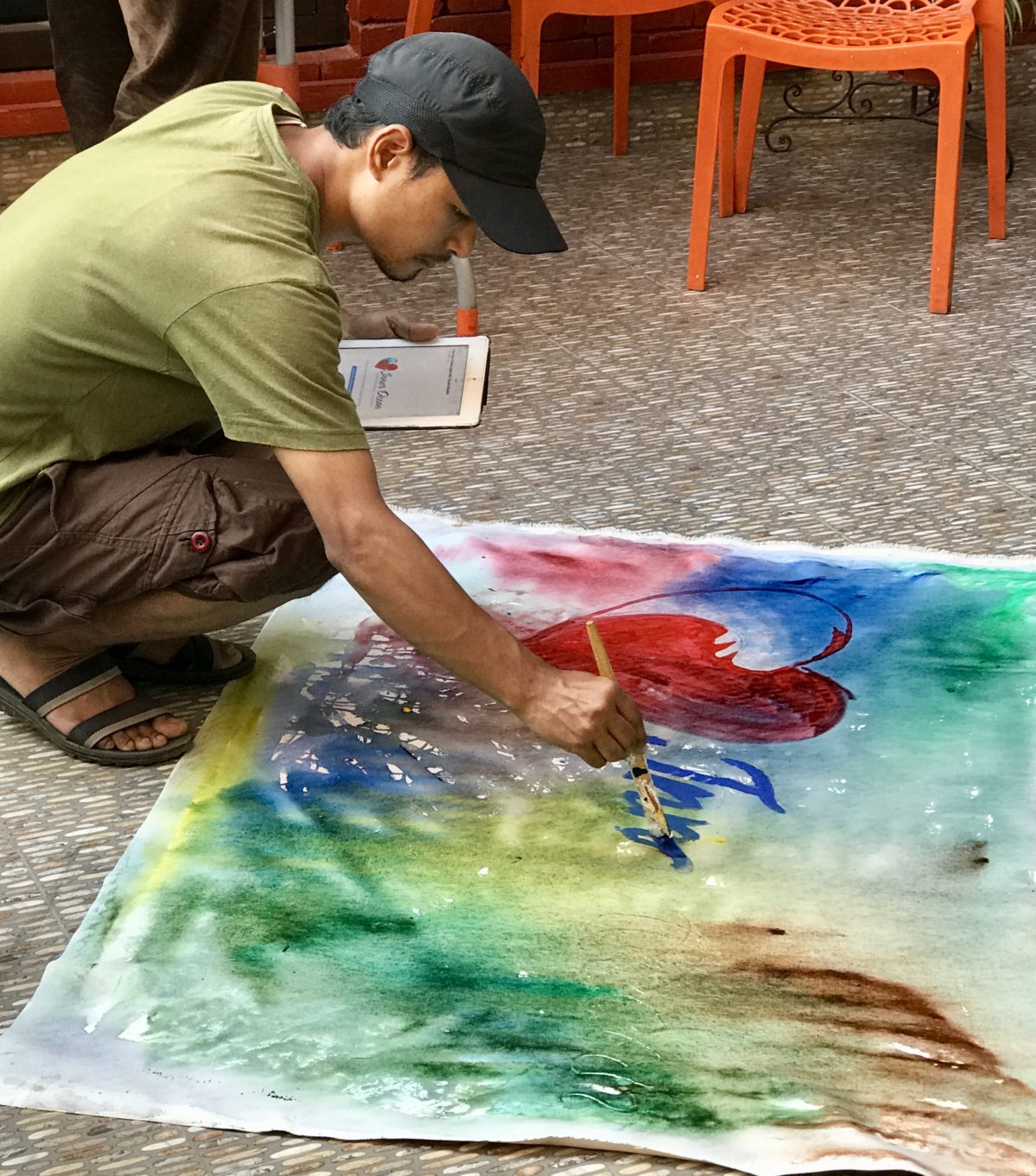To be a second response care provider means that you are responding after a crisis is over and the threat to a person’s life is minimized. At this stage, first responders have mostly completed their work and we can now assess the degree to which someone has experienced trauma after the event. Often there is still a felt sense of urgency, even though the emergency of the crisis has passed. This felt sense can last for days, months, and even years after an event. As such, this is the vulnerable stage where PTSD can develop in an individual and the collective trauma can be held in the field of the community.
Therefore, second response – while it is not directly lifesaving – is a vital service to provide and is often overlooked by disaster response teams.
Even though the event is over, some individuals will still be experiencing a state of hyper-arousal while others might be heading into hypo-arousal. Ideally during second response care, the person recognizes that they have survived and that they are safe now. Therefore, on Maslow’s hierarchy we can begin working with the psychological and self-esteem needs.

During the second response, our #1 goal at Inner Ocean is to support an individual as they move from outside of their Window of Tolerance, to back within their Window of Tolerance. This is the stage where we can help with actually repairing the nervous system by providing attuned, skillful guidance into psychological safety and building personal resources.
How we respond at this pivotal time can help determine how this extremely stressful experience impacts the person for the rest of their life.
As a second responder, you want to be someone who can be present, even when faced with difficult or confusing emotions. If this is a level of care that speaks to you, I recommend psychological first aid training as well as targeted psychological healthcare training such as counseling, acupuncture, massage and bodywork, aromatherapy, reiki, herbal medicine, and others. This is a stage where we can really focus on healing from trauma, preventing PTSD, and increasing opportunities for post-traumatic growth and development. More on that later.

If you’re interested in starting your journey to becoming a second responder with IOEP, check out our free trauma training here.
And if you’re someone who has been impacted by the recent Boulder shooting, or are a Boulder County frontline worker, click here for our free trauma relief program.




